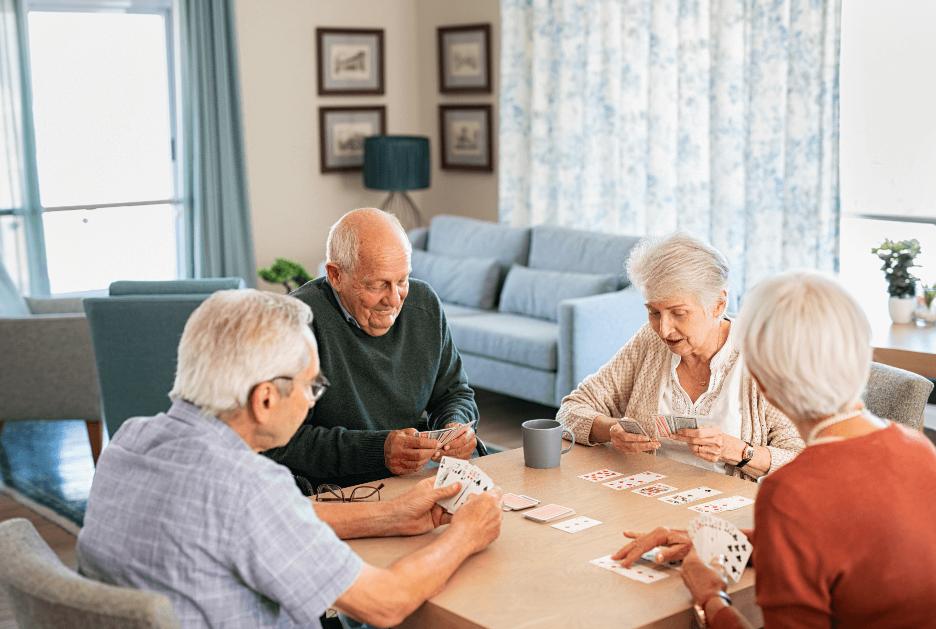As we age, social activities become even more important in our daily lives. When we retire from work and our children leave home, we are left with a lot of free time. This is where social activities can fill the gap. Engaging in social gatherings can help improve mental and physical health as well as provide a sense of community. That facility is particularly important for aged care living people.
Mental Health Benefits
Socialising such as group games, classes, and outings can help combat feelings of loneliness and depression. Studies have shown that people who engage in these activities regularly have a lower risk of developing cognitive decline, such as dementia. These activities also help improve mood by reducing stress levels and releasing endorphins.
Physical Health Benefits
These activities are also beneficial to the physical health of aged care living in Tuncurry. Activities such as yoga, dance classes, and even gardening can help improve flexibility, balance, and muscle strength. In elderly care facilities, it’s important to keep residents active, and physical activity is one way to do this. Additionally, socialisation can help with health-related issues such as hypertension and depression.
Sense of Community
One of the biggest benefits of socialisation is the sense of community it provides. Moving to an ageing care facility can be daunting, and feeling alone is common. However, socialising can help residents feel more connected to others in the facility. Being part of a community can provide a sense of belonging and purpose. It can also help residents form new friendships and strengthen pre-existing ones.
Improved Quality of Life
Ultimately, social gatherings can improve residents’ quality of life. Having something to look forward to, getting excited about an outing or event, and forming relationships with others can all contribute to happiness. Socialization can also provide a sense of routine and structure, which is important in the lives of elderly care residents.
Conclusion
Social activities are an important aspect of elderly care residents’ lives. They provide mental and physical health benefits, as well as a sense of community. Aged care living facilities should provide a variety of social events to residents, such as group games, classes, and outings. Engaging in these activities can help combat feelings of loneliness and depression, improve physical health, and ultimately enhance the quality of life for residents. Residents, elderly care staff, and loved ones need to recognise the importance of socialising.

